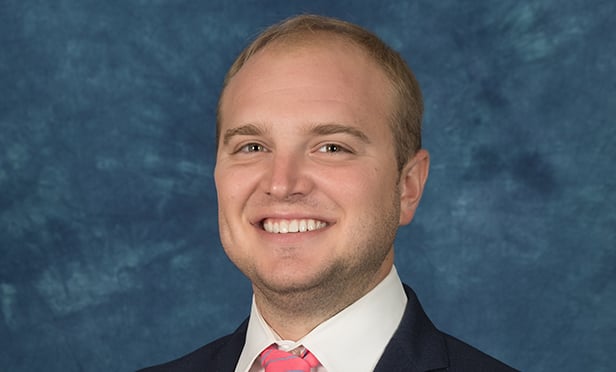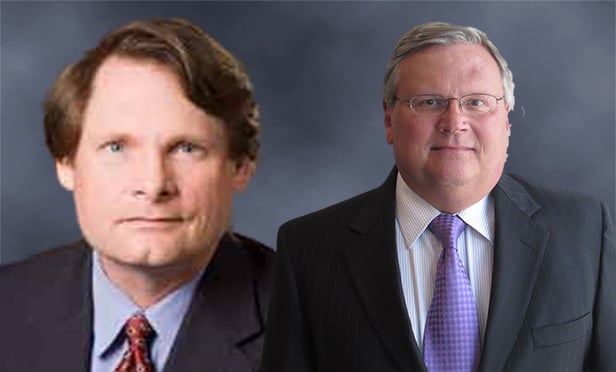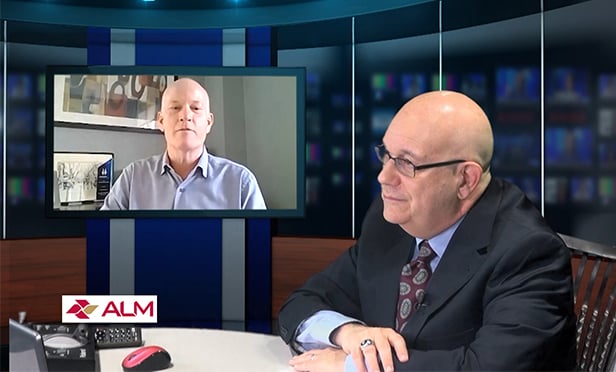The California Environmental Quality Act, in effect for decades and updated periodically, has become the basis of much recent legal activity. Currently, the California Supreme Court is hearing six CEQA cases, as many as it has decided in the last 10 years. GlobeSt.com spoke with Amy Nefouse, a partner in the San Diego office of the law firm DLA Piper who has represented developers and municipalities in environmental cases, about the reasons behind the increase, and what they will mean to developers in California and elsewhere.
GlobeSt.: How do you account for the increase in CEQA-related cases before the state Supreme Court?
Nefouse: There is partly an up-tick in the number of cases being decided by the Supreme Court, but also an uptick in the number of cases they have accepted review of and are pending…there has been a steady flow of appellate cases under CEQA for many, many years. Two big California cases in the last year have been related to water supply. It may just be those issues that have been working their way through the court of appeal are right for Supreme Court review.
GlobeSt.: What are some other concerns?
Nefouse: Global warming is a very hot topic under CEQA law right now, because there is no public guidance on how public agencies are supposed to analyze global warming impacts for development projects. The issue has been raised in many lawsuits, and there have been a number of trial court decisions addressing the topic.
One amendment to the CEQA guidelines, last year, specifically exempted certain types of public projects from a requirement to do global warming analysis. A part of the same legislation directed the state office that prepares the CEQA guidelines to develop guidelines to analyze projects for global warming impacts. The proposal for those guidelines is due in 2009 for approval in 2010. The litigation is way out in front of the guidelines, yet over the last two years, CEQA lawsuits have already been brought, claiming an EIR is defective because it failed to do either any analysis of global warming impact or what the plaintiff believes to be the appropriate analysis for global warming impact. This is a California statute, so it's interesting that project opponents have really latched on to the very valid science and very valid concerns from a global perspective on climate change. But [CEQA] certainly wasn't designed for that.
GlobeSt.: So what does that mean to the developer?
Nefouse: It is yet another risk area that a developer seeking an administrative approval has to consider and address. This is particularly tricky because there is no published guidance from the state agency. There is no court opinion – yet – telling them what to do, and you have a myriad of opinions [from] experts who have the approaches they think are right. Each public agency, city or county government approving the project has to decide how it [will handle] the issue. Most of these agencies haven't themselves adopted any guidance. So it's been very difficult, frankly, trying to advise [developers]. You definitely can't ignore it. CEQA is just a really easy statute to sue under. [But] of all of the trial court decisions I'm aware of, none have been willing to say that [an] EIR was defective for failing to handle global warming impacts the way the plaintiff said it should have.
GlobeSt.: Can this affect other states?
Nefouse: Not as a direct precedent from a legal matter. But it's certainly persuasive authority other states may look to. The other thing that's happening is in the federal context. The NEPA [National Environmental Policy Act] cases dealing with this issue have found that for some federal actions, and endangered species actions, some analysis of global warming impact is required. And NEPA cases are persuasive authority in California, because the California act was modeled on NEPA. … I anticipate those will be arguments made by our CEQA plaintiffs here, particularly before we have any real legislation on it. We will have guidance soon, and that's what the development community wants more than anything. The development community says, "We'll follow the rules, just tell us what the rules are."
Continue Reading for Free
Register and gain access to:
- Breaking commercial real estate news and analysis, on-site and via our newsletters and custom alerts
- Educational webcasts, white papers, and ebooks from industry thought leaders
- Critical coverage of the property casualty insurance and financial advisory markets on our other ALM sites, PropertyCasualty360 and ThinkAdvisor
Already have an account? Sign In Now
© 2024 ALM Global, LLC, All Rights Reserved. Request academic re-use from www.copyright.com. All other uses, submit a request to [email protected]. For more information visit Asset & Logo Licensing.








